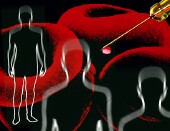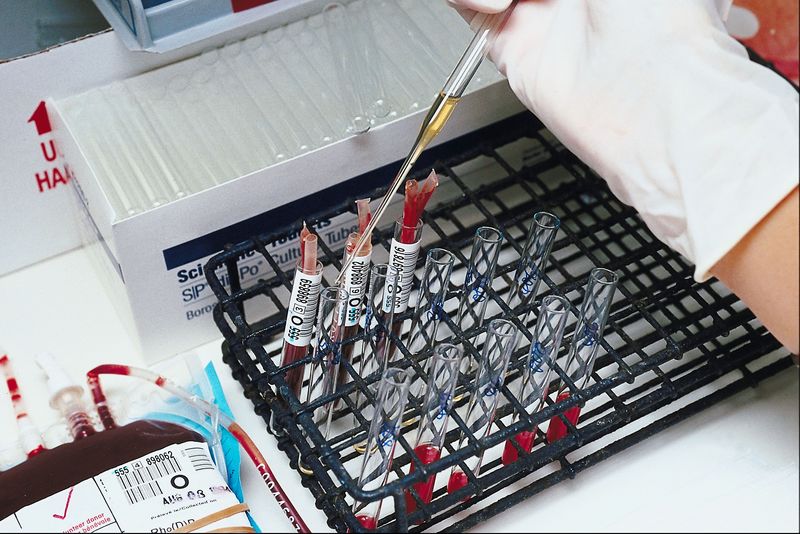
FRIDAY, Dec. 7 (HealthDay News) — Erythropoietin, more commonly known as EPO, has been banned from sports due to a belief that it provides an unfair competitive advantage to users, but new research found there is no scientific evidence the blood-cell stimulating hormone actually enhances athletes’ performance.
EPO has been in the news recently because of its reported use by the American cyclist Lance Armstrong, who won the Tour de France a record-breaking seven times. He was stripped of those titles in October.
While the scientists who conducted a systemic review of existing studies on EPO did not find proof of performance-enhancing benefits, they did find that possible harm from use of the hormone was well-documented.
In their report, published in the Dec. 6 issue of the British Journal of Clinical Pharmacology, they warned that EPO doping thickens the blood and could increase a person’s risk for clots, which could result in heart attack or stroke.
“Athletes and their medical staff may believe EPO enhances performance, but there is no evidence that anyone performed good experiments to check if EPO would actually improve performance in elite cyclists,” lead researcher Dr. Adam Cohen, of the Centre for Human Drug Research in Leiden, the Netherlands, said in a journal news release.
EPO is a drug used to treat anemia. Patients treated with EPO are carefully monitored due to the drug’s potentially serious side effects.
“So why should the standards be different for the same drugs used in athletes?” noted Cohen. “Although doping is forbidden, the pressure to win in sport is so great that some athletes seem to be willing to try any way of getting ahead of their competitors. When elite athletes and their coaches discover that there is no evidence of benefit and clear risk of harm, I hope many may reconsider trying to cheat. Education may work where attempts at enforcement have failed,” he said in the news release.
The researchers concluded more research is needed to explore the effects of so-called performance enhancing drugs to improve safety among athletes.
“If, as is expected, many substances in current use are found to be ineffective it will help keep our athletes safe and improve confidence in sporting results,” Cohen said.
More information
The World Anti-Doping Agency has more about EPO.

